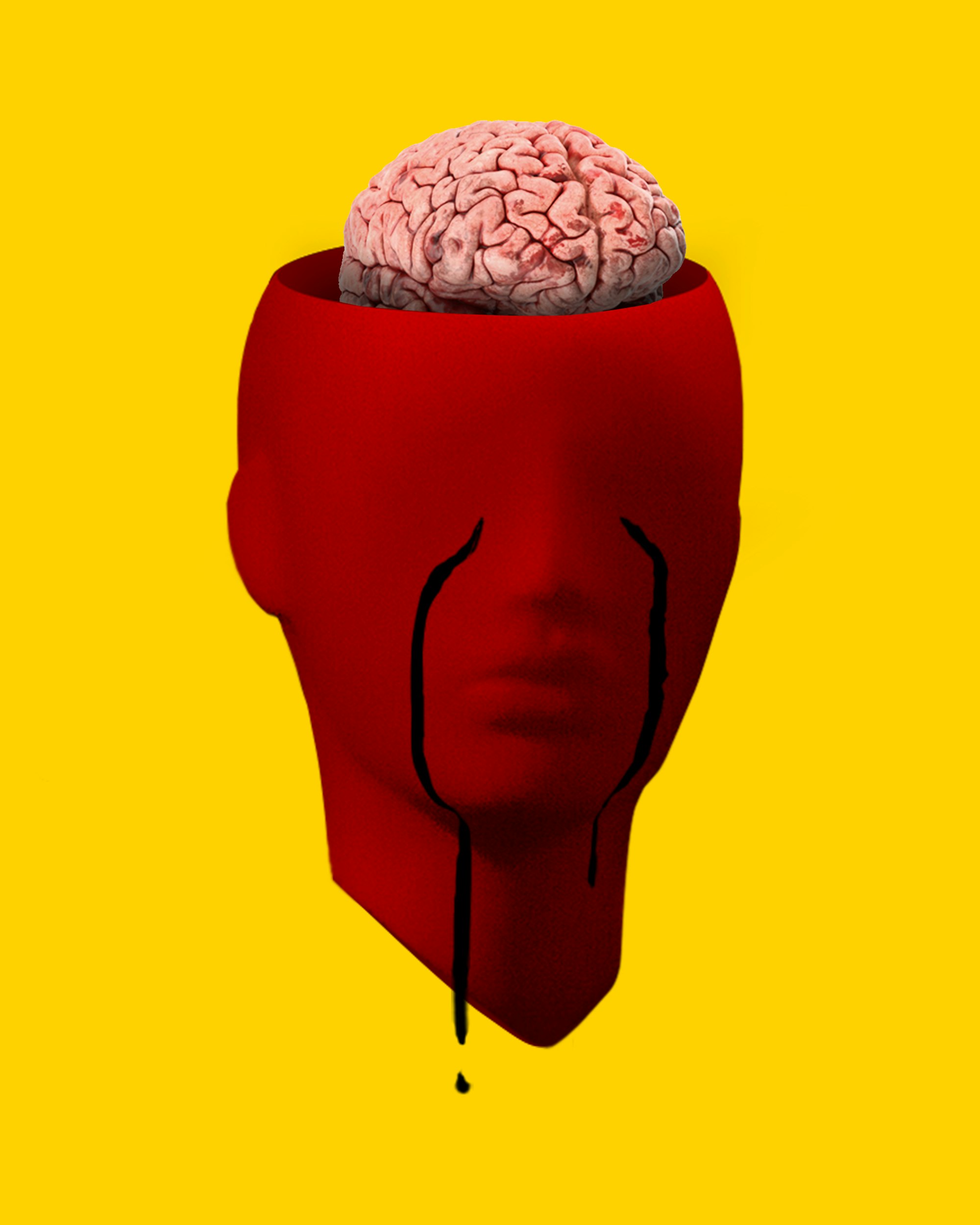Butts, Prions & Lethal Fraud

There is nothing cynical or impressionable in recognizing that the tobacco industry is corrupt and used its considerable resources to influence public policy for its own benefit, resulting in deaths and harms of millions of people. It did this by creating fraudulent research, paying scientists and politicians, and spending $billions in direct to consumer advertising to sway perceptions. Recognizing this makes one a mature, rational adult.
Likewise, there's no need to believe in conspiracy in order to recognize that the pharmaceutical industry is twice as large as the tobacco industry and uses far greater influence to harm even more people. Recognizing that fraud coupled with control over the entities that are meant to be regulating it constitutes business as usual makes one a mature, rational adult.
There are multiple stories here. It's not that science developed one theory but that later research showed the theory to be flawed (this would be an example of a functional scientific process).
Rather, that fraudulent research created a drug target, which became the basis of tens of $billions of dollars of research funding, millions of hours of research time, effecting the lives directly of millions of people who have been misdiagnosed, mistreated and experimented on based on fraud. The global market for Alzheimer's drugs in 2020 was $6.34 billion.
I have patients who have taken part in these trials . . .
But also note that last year the FDA approved the use of a new drug called Aduhelm, which was proposed to "work" based on the fraudulent theory, which in addition to being astronomically expensive shows no clinical benefits. So it doesn't work AND the theory is wrong AND it's exorbitantly expensive, but the FDA approved it.
If you think this is irrational behavior, you're not paying attention.
If you think this is unusual, then you're really not paying attention.
It's also perhaps most important to note that it's taken 18 years for this fraud to come to light. This is fairly similar to the timeline of public acknowledgment of the opioid epidemic after Oxycontin was approved without safety studies by the FDA in 1995.
Perhaps that's how long it takes for the people with a vested interest to retire or cycle out of the system so that people who notice problems (like the approval of fraudulent medications that are killing millions of people) can speak up without fear of retribution.
We have to be brave enough to see that this system, which has global influence and effects, is broken and one of the greatest sources of harm to our society, if we have any chance of doing anything about it for future generations.
This is not a conspiracy theory. It is business as usual and is how this industry has operated for decades. Although granted, it does seem to be getting worse as its influence exponentially grows.
22 July 2022: "Two decades of Alzheimer's research may be based on deliberate fraud that has cost millions of livesLast year, the Food and Drug Administration (FDA) narrowly approved the use of Aduhelm, a new drug from Biogen that the company has priced so highly that it’s expected to drive up the price of Medicare for everyone in America, even those who never need this drug. Aduhelm was the first drug to be approved that fights the accumulation of those "amyloid plaques" in the brain. What makes the approval of the $56,000-a-dose drug so controversial is that while it does decrease plaques, it doesn’t actually slow Alzheimer’s. In fact, clinical trials were suspended in 2019 after the treatment showed “no clinical benefits.” (Which did not keep Biogen from seeking the drug’s approval or pricing it astronomically.)
Over the last two decades, Alzheimer’s drugs have been notable mostly for having a 99% failure rate in human trials. It’s not unusual for drugs that are effective in vitro and in animal models to turn out to be less than successful when used in humans, but Alzheimer’s has a record that makes the batting average in other areas look like Hall of Fame material.
And now we have a good idea of why. Because it looks like the original paper that established the amyloid plaque model as the foundation of Alzheimer’s research over the last 16 years might not just be wrong, but a deliberate fraud."

